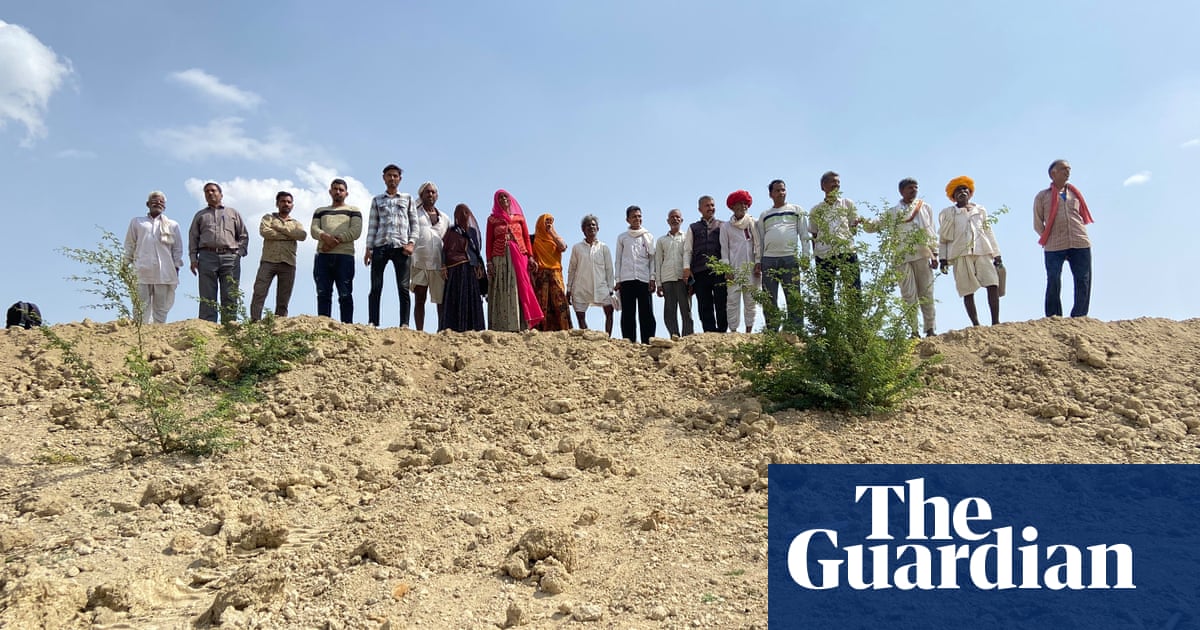
The coronavirus pandemic has been awfully stressful for families with children. Many parents have had to struggle with unemployment, financial insecurity, and a lack of recreational activities, with minimal support from child care services or their social networks. Research shows that these factors intensify parental burnout, as well as increase the likelihood of child abuse or neglect.
It is especially important, therefore, to offer a suite of family support services to help parents so that their children can thrive. Much research advocates the critical role that parents play in children’s physical, emotional, social, and mental development. For example, those possessing greater parental knowledge of childhood development have been associated with improved childhood outcomes and a better home environment. In fact, evidence published in 2018 shows that “parental involvement in early learning has a greater impact on children’s well-being and achievement than any other factor.”
With this in mind, it is imperative we draw upon the saying “it takes a village to raise a child” and harness the experiences, skills, and knowledge of experts and volunteers to assist parents in their child rearing. Services should cover training programs that educate parents about important parenting skills and knowledge, in addition to providing emotional support services that can help carry them through difficult circumstances, such as poverty, chronic illness or even daily struggles.
Child poverty is an issue facing many governments worldwide. In 2019, the US-based National Academies of Sciences, Engineering, and Medicine published a report titled “A Roadmap to Reducing Child Poverty,” which detailed the correlation between early childhood poverty and life outcomes in adulthood. The research revealed that children living in poverty are at a greater risk of facing abuse, adverse childhood experiences, low birth weight and slow growth, slow brain development, mental health problems, and lower education attainment levels, in addition to lower economic self-sufficiency, increased adoption of risky behaviors, delinquency, and criminal behavior in adolescence and adulthood.
Despite these challenges, research supports the significant role parents play in their children’s development by providing the nurturing and safe environment they need to thrive, regardless of their dire circumstances. As a result, the “Legacy for Children” program was developed by the Centers for Disease Control and Prevention in the US to help low-income mothers create a new legacy for their children. This public health program aims at improving children’s health and development outcomes by training mothers in positive parenting skills.
Child development experts train mothers on a range of important topics, such as basic care, health and safety, learning and literary, social and emotional skills, playing and learning, praise and encouragement, behavior guidance, and managing stress. They also attend group meetings with other mothers and another group in which their children are present. That way, they can take in expert advice on being responsive parents, tailor the advice to their child’s goals, improve their relationships with their children, and connect with other parents who are experiencing similar circumstances.
The Mannerheim League for Child Welfare is Finland’s largest nongovernmental organization dedicated to promoting the well-being of children and families. It offers a range of essential services for families, such as home care services for disabled or chronically ill children, telephone counseling for parents and children, rehabilitation for children with physical or mental challenges, children’s clubs and excursions, and training programs. One of their signature programs includes the family cafe sessions that are held weekly across the country for a nominal attendance fee of €2 ($2.35) and are run entirely by volunteers. Much goes on during these interactive sessions, as parents enjoy pastries and coffee with other families, make new friends, voice their parenting concerns to peers, get familiar with local neighborhoods if they are relocating, and attend presentations by experts. Children can play with other children or engage in arts and crafts activities.
Children can also spend time with “communal grandparents” at the family cafes. These elderly volunteers help educate children, shape their values, illuminate them about their heritage, impart wisdom, and engage in conversations. Before interacting with the children, volunteers receive four hours of training on the importance of intergenerational relationships, ways of interacting with children, their roles as communal grandparents, the permissible activities, and the importance of play. Activities include reading stories, playing, doing arts and crafts, baking cakes, or taking a walk. Such a friendly and calm presence does wonders for children’s social skills, in addition to improving the elderly volunteers’ moods.
Life can be especially distressing when children fall ill and need short or long-term medical care. Parents might struggle with stress, anxiety, loneliness or depression when caring for an ill child. That is why the UK’s National Health Service has a dedicated psychosocial team, made up of social workers, family support workers, family therapists, and clinical psychologists, to assist children and families with their stays in hospitals. Some of the ways they can help include providing practical advice on handling the financial burdens of hospitalization, working with families to reduce stress, encouraging children to express their feelings or concerns, connecting them with local support services after discharge, and offering psychological therapies for children and their parents to help them overcome their challenges.
Children are blessings that bring a lot of joy and magic to our world. It is vital that we support parents and communities in raising children by providing them with essential child care services, learning opportunities, and social engagements. That way, we can ensure that children thrive and are able to live a happier, fuller life.
Sara Al-Mulla is an Emirati civil servant with an interest in human development policy and children’s literature.
Disclaimer: Views expressed by writers in this section are their own and do not necessarily reflect Arab News" point-of-view












